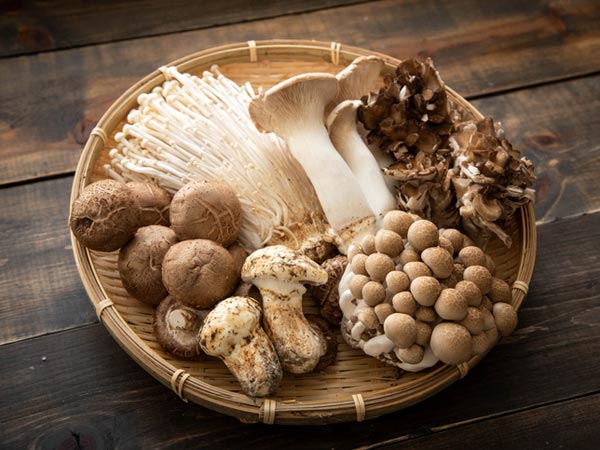





The word mushroom is derived from the French word for fungi and moulds. One day, around 1650, a melon grower near Paris discovered these vegetables growing on his growth fertiliser. He decided to cultivate this new exotic delicacy commercially and to introduce it in exclusive Parisian restaurants. It was at that time that this was given the nickname ‘Parisian mushroom’. Later on, the French gardener, Chambry, discovered that the caves had just the right cool and moist environment for cultivating this vegetable, after that a large-scale mushroom cultivation developed in the caves around Paris.
The term ‘mushrooms’ refers to a number of edible items that are particularly grown for human consumption. These include button, cup, flat and brown mushrooms. Additionally, there are a number of exotic such as shimeji and oyster mushrooms. Furthermore, these vegetables are grown in the populated centres of Australia.
Mushrooms fat-free, low-sodium, low-calorie, and cholesterol-free. They’re also packed with fibre, vitamins, and minerals. Nutritional benefits vary depending on the type. But overall, they are a good source of the following nutrients.
Antioxidants help protect the body from damaging free radicals that can cause conditions like heart disease and cancer. They also protect you against damage from aging and boost your immune system. Mushrooms are rich in the antioxidant called selenium. In fact, they are the best source of the mineral in the produce aisle.
Mushrooms are rich in the B vitamins: riboflavin, niacin, and pantothenic acid. The combination helps protect heart health. Riboflavin is good for red blood cells. Niacin is good for the digestive system and for maintaining healthy skin. Pantothenic acid is good for the nervous system and helps the body make the hormones it needs.
Copper helps your body make red blood cells, which are used to deliver oxygen all over the body. The mineral is also important to other processes in the body, like maintaining healthy bones and nerves. Even after being cooked, a 1-cup serving of mushrooms can provide about one-third of the daily recommended amount of copper.
These vegetables are mostly grown in all states across Australia. However, the major production areas are near Adelaide, Melbourne Metro in Victoria and the Sydney Basin in New South Wales.